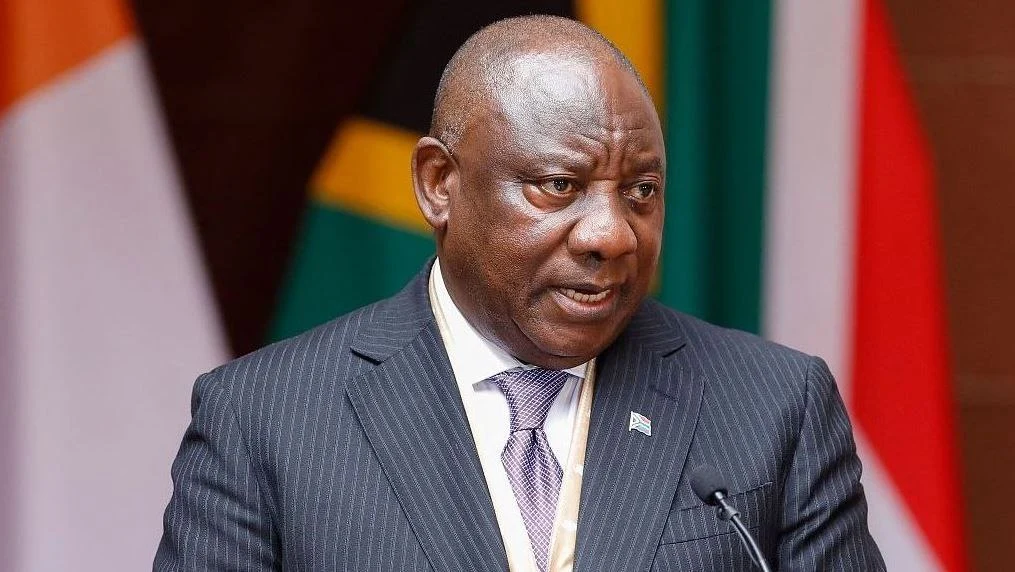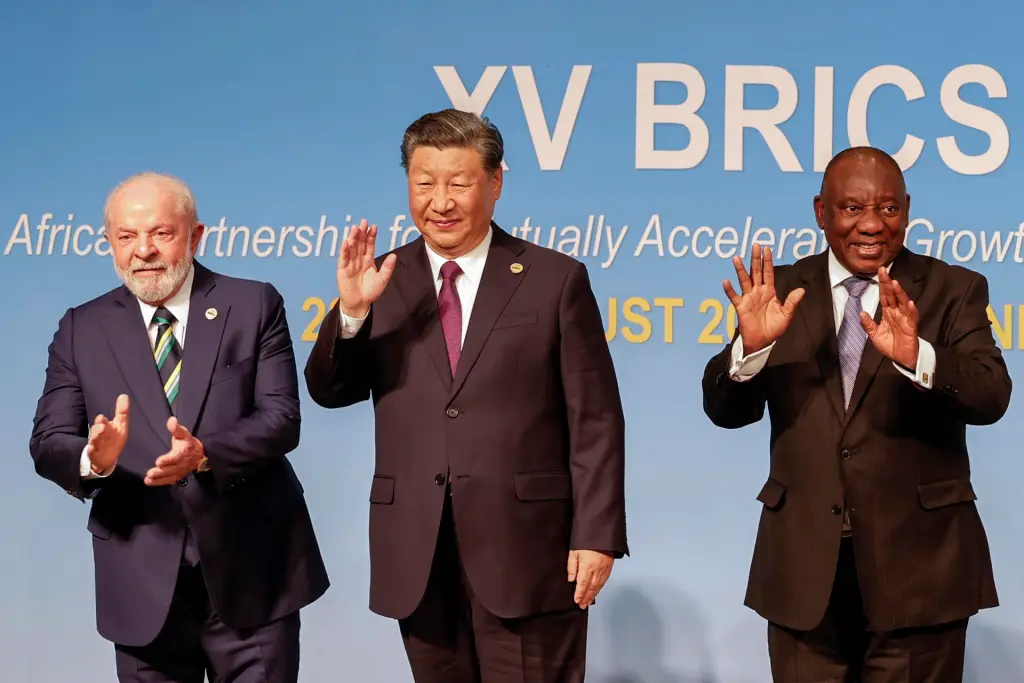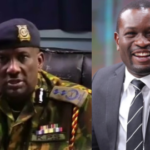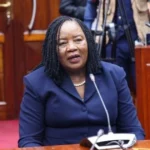The BRICS group of nations, comprising Brazil, Russia, India, China, and South Africa, has opened its doors to new members, inviting Argentina, Egypt, Ethiopia, Iran, Saudi Arabia, and the UAE to join its ranks.
The invitation comes as a culmination of intense discussions during the three-day summit held in Johannesburg, where leaders debated the expansion of this influential alliance committed to advancing the interests of the Global South.
President Cyril Ramaphosa of South Africa, the host of the summit, announced that the expansion marks the first phase of a carefully crafted process.
![(From L to R) Brazilian President Luiz Inacio Lula da Silva, Chinese President Xi Jinping, South African President Cyril Ramaphosa, Indian Prime Minister Narendra Modi and Russian Foreign Minister Sergei Lavrov pose for a photo during the 2023 BRICS summit in Johannesburg, South Africa on August 23, 2023. [Gianluigi Guercia/AFP]](https://news.switchtv.ke/wp-content/uploads/2023/08/000_33T88MD.webp)
Read also:South Africa Calls for BRICS Cooperation on Green Hydrogen Projects
“As the five BRICS countries, we have reached an agreement on the guiding principles, standards, criteria, and procedures for the BRICS expansion process,” said President Ramaphosa during a joint media briefing.
“We have consensus on the first phase of this expansion process and other phases will follow.” he added.
The newly invited nations, Argentina, Egypt, Ethiopia, Iran, Saudi Arabia, and the UAE, are set to formally become part of BRICS from January 1, 2023.
This expansion not only broadens the geographical scope of the alliance but also bolsters its potential to shape global dynamics.
Indian Prime Minister Narendra Modi, a strong proponent of expanding BRICS, extended his congratulations to President Ramaphosa for successfully spearheading the summit.
Read also: BRICS nations surpass the G7 countries in world’s GDP share
“India has always believed that the addition of new members will further strengthen BRICS as an organization and give our shared efforts a new impetus,” stated Prime Minister Modi.

He emphasized that the expansion would invigorate cooperation within BRICS and beyond, advocating for a multipolar world order.
Prime Minister Modi expressed confidence in the newly expanded BRICS’ capacity to infuse fresh energy into cooperation.
“The expansion and modernization of BRICS is a message that all global institutions need to evolve in accordance with changing times,” said Modi.
He highlighted the potential for this expansion to serve as a model for reforming other institutions that were established in the 20th century, possibly alluding to the ongoing discussions about UN Security Council reform.
Read also: China Not Giving a Key Speech Sparks Rumors at Brics Summit in South Africa
President Ramaphosa also hailed the expansion as a milestone, noting that it builds upon the bloc’s foundation of shared values and mutual cooperation.
“This step sends a clear message that BRICS nations are committed to fostering a fair and just world order that respects the aspirations of the Global South,” said President Ramaphosa.
The first phase of expansion is expected to set the stage for deeper collaboration, economic partnerships, and joint initiatives among the member nations.















